Going by overseas trends, particularly in the United States, newspaper profitability has been on the decline and it was only a matter of time before the impact was felt in Australia. Now much of Australia’s media industry is struggling to adjust to a weak advertising market and a shift of consumers to digital products.
Despite this, the world’s richest woman Gina Rinehart is buying into Fairfax Media, where she is now the biggest shareholder with an 18.7 per cent stake and has demanded up to three board seats. Fairfax publishes the Sydney Morning Herald and the Melbourne Age.
Four Corners investigates Gina Rinehart’s rise to power, looking at the business deals that have made her billions, her disputes with close family and her plans to have her voice heard across Australia.
Fairfax Media’s chairman Roger Corbett, who has only a 0.004 per cent shareholding, announced that the Fairfax board would not be able to give Mrs Rinehart a board seat, citing disagreements over editorial independence.
Meanwhile, Kerry Stokes’ Seven West Media is Australia’s largest diversified media business, formed by the sale of Seven Media Group to West Australian Newspapers Holdings Limited (WAN), in a convoluted arrangement. It has a leading presence in broadcast television, radio, newspaper publishing, magazine publishing and online. Mr Stokes Australian Capital Equity (ACE), is Seven West Media’s largest shareholder with a 33 per cent stake.
Interestingly, Fairfax owned the Seven stations in both Sydney (ATN-7) and Melbourne (HSV-7) for a time, but were sold to Qintex Limited, then owned by businessman Christopher Skase, after which he send the Seven Network bankrupt, being re-listed as a public company on the stock exchange in 1993, to then have Mr Stokes gain control.
Kerry Stokes is an astute businessman, often taking over companies without the need to pay a premium. His present empire is well diversified, with his personal risk well spread between mining, earthmoving equipment and both old and new media. Seven Groups Holdings Limited (formerly Seven Network Limited) owns 29.57 percent of Seven West Media Limited.
Meanwhile, News Limited, the Australian arm of Rupert Murdoch’s global media empire News Corporation, has made a $1.97 billion, or $3.50 per share, offer to buy all of Consolidated Media Holdings (CMH), where the two largest shareholders are James Packer’s Consolidated Press Holdings, which has just over 50 per cent, and Seven Group, which has 24 per cent.
Consolidated Media’s two most important assets are its 25 per cent stake in Foxtel and its 50 per cent stake in Fox Sports Australia.
This could be the end of an era for the Packer family’s interests in Australian media investments, though James Packer has a token stake in the Ten Network. If News Limited is successful, it will own 50 per cent of Foxtel (which recently merged with Austar) and 100 per cent of Fox Sports Australia. Meanwhile, Seven Group has asked the Australian Competition and Consumer Commission to review whether it can buy Consolidated Media Holdings, to thwart News Limited’s offer.
News Limited was created in South Australia in 1923 and has nearly three-quarters of daily metropolitan newspaper circulation in Australia. It publishes a nationally distributed newspaper and metropolitan newspapers in Sydney, Melbourne, Brisbane, Adelaide, Perth (Sunday Times), Hobart and Darwin and groups of suburban newspapers. Its interests also span magazine publishing, Internet, Pay TV, National Rugby League, market research, DVD and film distribution, and film and television production trading assets. News Limited’s initial American acquisitions have subsequently been undertaken through News Corporation. News Corporation was originally incorporated in South Australia in 1979, but then re-incorporated in the United States in 2004. Rupert Murdoch became a naturalised US citizen in 1985.
Four Corners reports that for more than five years Rupert Murdoch and his most trusted executives told the world that a rogue reporter and a rogue private detective were responsible for hacking phones for the News of the World. Reporter Sarah Ferguson investigates that claim and reveals the links between Murdoch’s newspapers and the British criminal world going back two decades.
On another front, the News Corporation board has approved a plan to split into two companies. One to contain the struggling newspaper and book publishing businesses and the other to comprise the faster-growing entertainment operations of broadcasting and film.
The entire newspaper industry is struggling. Advertisers are now flocking to the Internet in search of cheaper advertising space, and newspaper subscriptions continue to fall, while online newspaper subscriptions and advertising have not made up for the decline. Australia is currently dominated by the Free To Air broadcasters, and cross-media ownership rules have kept News Limited at the margins, though the bid for CMH will strengthen Murdoch’s Pay TV position in Australia.
Nowadays, how many people read a complete newspaper – from cover to cover?
Probably only the proofreading staff, if in fact that always happens.
Not everything published will interest everyone.
The youth don’t seem to have much time for newspapers, they’re too busy with their games machines, social networking, smart-phones and computers, TXT messaging and on-line chatting with friends, rather than bother buying an old world form of publication, that has no Google search and does not suit their needs. Something that deposits ink on the fingers and is so much more cumbersome than a tablet, and with no interactivity.
It was a different world when the printed word on paper ruled…
In the days of Paul Rigby cartoons, the back page of the Daily News was a high priority, even if it was just to locate where the little urchin was hiding with his dog. No matter what the topic, Rigby’s lampooning of it was a must see.
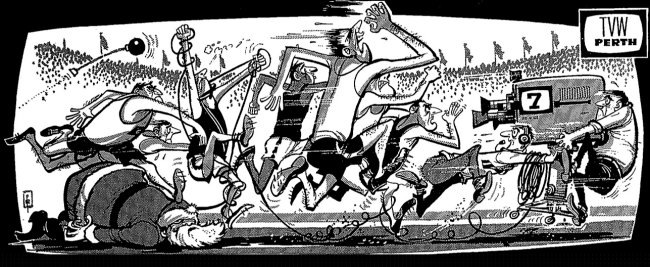

Rigby’s urchin and dog
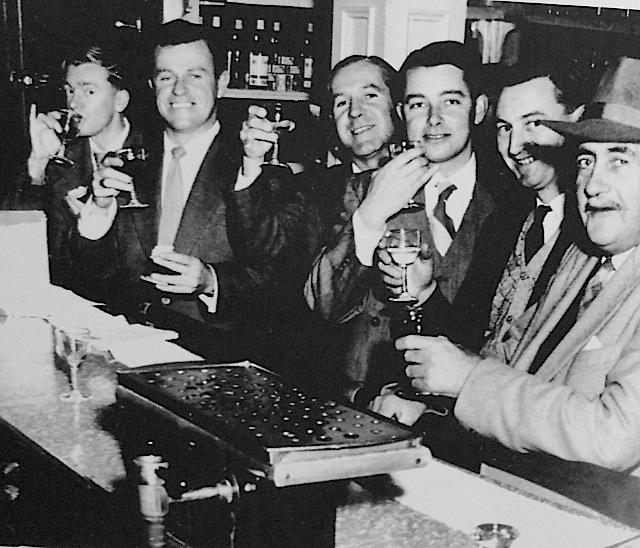
Daily News legends at the Palace Hotel basement bar. Brian ‘Curl’ Menagh, Paul Rigby, Doug Watt, Jim Cruthers, Jim Davies and Gavin Casey
|
What still holds our attention in a newspaper?
These days, a check of what mischief Modesty Blaise is up to, is a requirement for ardent followers, even if it is conveyed in a few frames of a serialised comic each day.
Others religiously read the obituaries to verify that they are not there.
Some people are overwhelmingly interested in politics, most likely the politicians themselves, for they like to dominate what is being said, regardless of whether they have anything decent to say, or people are enthused about their message.
At least the media can have a crack at keeping the legislators honest, for they depend on “a week being a long time in politics”, as their promises often have a short life, only long enough to get them over the voting line.
What takes place on the sports field often seems more real that what takes place in the parliament, with all the point scoring and grandstanding, rather than the efficient dealing of important business. How many boat people/illegal immigrants/refugees are going to drown before they agree on a workable solution? Its possible that Christmas Island may sink through overcrowding, global weather change and rising sea levels, before the politicians sort it out.
Many people follow sport in the media, even if they’re only spectators rather than participants. Though sometimes the reporting is about athletes taking drugs and footballers feigning assault, to gain an umpires advantage.
The headlines are dominated by crime, disasters and tragedy. Reading what unfortunate things happen to others may only gender real concern when it impacts on ourselves, family and friends. Though obviously we’ll all worry about the current spate of violent home invasions, endless police chases of stolen cars driven dangerously (particularly if its our car), the possibility of a drug lab exploding next door or the neighbour’s party being gatecrashed by a horde of teenage hoodlums intent on taking out every letterbox in the street, the local shop being ram raided again (in someone else’s car) or becoming shark fodder on our next visit to the beach.
A matter of public trust and confidence
Another aspect to consider is the communities confidence in the News reporting profession.
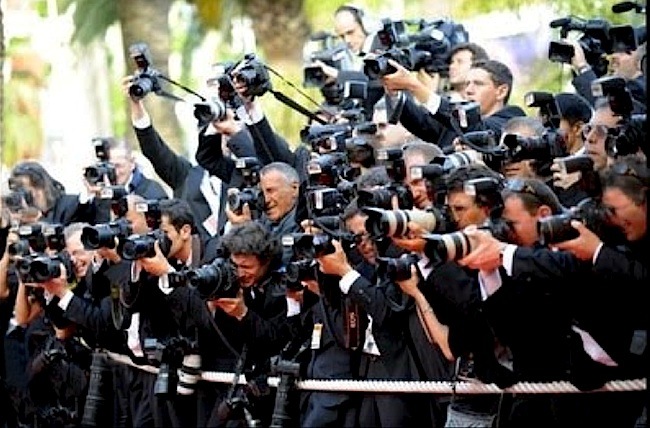
The paparazzi hounding the late Princess Diana’s vehicle, and allegedly played a big role in the accident which took her life, has not endeared many to the freelance media in pursuit. The Reader’s Digest has recently published the results of their survey into who Australian’s trust most. Journalist were ranked 32, ahead of sex workers at 36.
http://www.readersdigest.com.au/australias-most-trusted-professions-2012
An improvement on the previous year where sex workers came in at 39, ahead of the journalists.
http://www.readersdigest.com.au/australias-most-trusted-professions-2011
There will be many factors at play here. One being that the caring professions got the top marks.
Are readers getting what they want?
One can also sense that what people really believe and what we’re pushed to think, are not always one and the same. For example, how many people get frustrated by the conversation pushing political correctness? Or the arguments going back and forth about Australians forgoing our traditions to appease newcomers to our shores? Then there’s the occasional bleeding heart expressing more sympathy for the perpetrators getting a heavy sentence, rather than the victims of crime? One can tell by the proliferation of emails reacting against these notions, that there’s an angry voice in the wilderness.
Now that we have the Internet, and with it social networking, YouTube, Twitter, and an increasing array of means for self expression on a grand scale, the younger generation relate to these new innovations, because they have come from likeminded younger people finding a popular niche, which did not exist before.
People can now have a voice without it being filtered by a reporter, editor, producer or other form of opinion controller or decision maker. With cheaper technology, they now can afford the means to produce their own content, no matter how elementary or short. For this reason, some of the expressions now getting out tend to be outrageous. Which makes one ask if it really was apathy that often allowed the vocal minority to get more airtime than the conveyors of common sense?
It would seem that the traditional media prefer the more sensational uttering, and then turn most points into sound bites, where there’s no guarantee the message will not be misconstrued.
Is the audience being underestimated?
Its often said that the media caters for the lowest common denominator, being rating driven. But then the highest rating show on television is lucky if it reaches as much as ten percent of the population. A hit show is considered such if it only reaches five percent. That’s including everyone from children to the aged.
Obviously the public is doing a lot of other things than watch television, and the ratings are based on a relatively small sample of the population, whereas web analytics provide a thorough breakdown of who is reading what and for how long. A television viewer may be asleep in the chair, whilst the web user is busy clicking back and forth. Conventional media is definitely under threat, now that alternatives are beginning to surface, and we’re only seeing the tip of the iceberg, as its a trend that’s gaining momentum, and will change the status quo.
Rupert Murdoch has been exploring all avenues to forestal the inevitable. He first came up with the iPad version of a multimedia newspaper and magazine called ‘The Daily’. Now he is separating his high profit electronic and film media from his fading printed media.
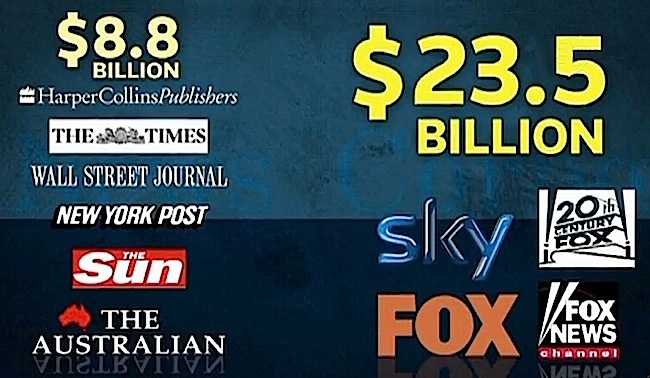
News Corporation to split into two companies
The media has many complexions, depending on which part of its anatomy is exposed.
Its not unheard of for content consumers to seek a distraction from the mundane in various forms of titillation, which brings back memories of the ‘Kings Cross Whisper’ and the ‘Truth’ as conveyers of the scandalous and scurrilous, rather than upholding standards of propriety. If the public have a need, then there’ll be one arm of the media busy fulfilling it.
It would also seem that some journals do not let the truth get in the way of a good story when we hear celebrities say things like, “They should call it No Idea rather than New Idea”, as Naomi Watts was heard to comment on one apparent revelation.
It has taken a while for the reality to sink in, but it is now blatantly obvious that if paying eyeballs don’t buy the daily printed page, the printers ink will dry up.
Journalists lament that, “We’re not going to understand what’s lost until it’s gone”. Yet it seems people are not valuing it enough at present to make a purchase, preferring to seek their information elsewhere, with an emphasis on it being free.
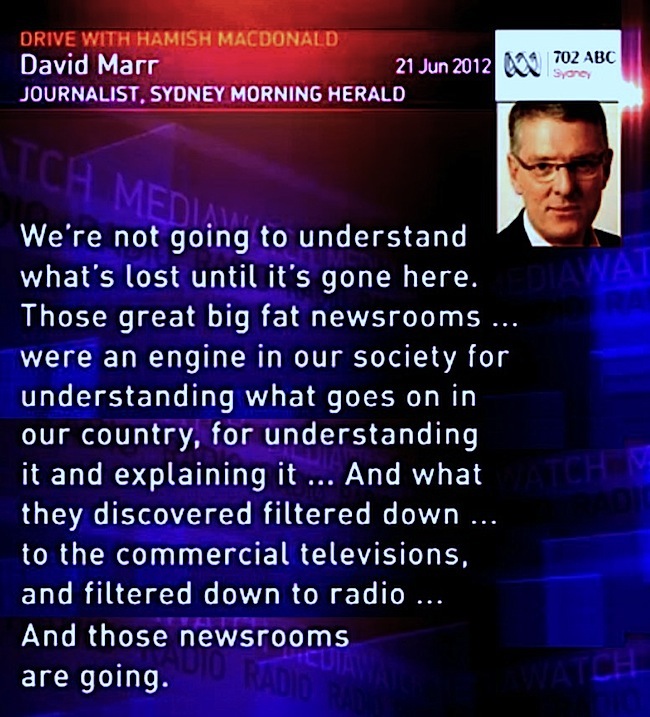
To illustrate the range on online news sources available, we have prepared a News Portal web page for this purpose. Though it needs to be emphasised that a few are now implementing a pay-wall in an attempt to extricate funds from web browsing content seekers. The question is: Will users be motivated to pay, or just click on the next available free source?
 |
Portal to Australian and International online News sources. |
News Ltd’s national broadsheet, The Australian, started charging for premium content online, and now the most widely-read daily paper in Australia, The Herald Sun, is doing the same…
What will they be paying for if they do subscribe? More advertisements, as with the once commercial free Pay TV? For the higher the circulation, the more attractive it is to advertisers.
So what do newspapers offer that is essential, and can be found nowhere else?
They can offer a lot to read, if there are sufficient ads to warrant the thickness of the publication. The journalists are continuously on the lookout for reportable happenings, and monitoring a variety of source that give them leads. There are some things we would not be privy to, unless a reporter had poked their nose into it. The larger the newsroom, the greater the scope.
There was a time when the radio stations read their news from the newspaper. In the early years, the commercial TV newsrooms subscribed to a telex feed of stories sourced by the big newspapers. Other references were the ABC radio News bulletins, police radio, tip offs and following police cars, fire brigades and ambulances. Then there’s the endless supply of Press Releases from anyone announcing something important or wanting publicity. Innovative reporters also created News, as in the case of former Fleet Street journalist Len Cotton, who set up a bookies stand in St George’s Terrace to offer odds on the 1964 Lord Mayoral campaign. The intent was to liven up the race between Sir Harry Howard and Charles Veryard. Veryard started off as an unknown, but the astute Len kept juggling the odds for each evening TV bulletin, until they were neck and neck. Veryard then went on to win the election and remained the incumbent till 1967, when Tom the Cheap took over. Sir Thomas Wardle was the owner of the grocery store chain known as Tom the Cheap Supermarket.
Its all very well journalists being inventive to add vigour to a story, but there also needs to be some standards, else the profession will not be held in the highest regard. Its therefore important that the reporting be accurate, and not misquote people or misrepresent events. Its one thing to originate a story, and another to just comment on it. If we pay for a person’s comments, then its expected that we hold them in high esteem and trust the message they convey. The governments pays a fortune to advisors, yet do we consider the decisions they make to be of great excellence? Going by that same Reader’s Digest poll, politicians are poorly regarded, with top honours going to the caring professions. As Jodie Speers reported in Seven News on Wednesday 27th June, 2012.
Reader’s Digest Most Trusted survey is out for 2012
WA TV History
The July 2012 Reader’s Digest edition of the journal has published the results of their Most Trusted Professions survey.
The web, radio and TV can do what newspapers can’t.
With the advances in web page technology and increased bandwidth, an online user can take advantage of a great multimedia richness, since broadband and the faster data speeds. The web can also take advantage of immediacy, with pages updated as News happens. There’s often a video to explain events for those wanting something more graphic than photos and text. Radio and television can also provide immediacy, though the web has the advantage of content on demand. Radio can respond rapidly to events owing to the cheaper signal technology having logistic and economic savings, compared to television… though the technology is shrinking in both size and cost. Response times will improve with greater public participation… with reports from people on the spot. Its important though that the interpretation of events be conveyed by a person trained in objectivity and dedicated to providing a true, fair, balanced and accurate account.
Enabling the public to have a voice.
Remember how people could once have their say in Forrest Place, on the Esplanade, or in the Opinion Column of the newspaper. Orators will have to tread water in future, if they intend using the Esplanade as a venue, with Perth’s new riverfront development. How wonderfully entertaining to hear Sir Robert Menzies’ comeback at hecklers. One involved his talking-up the virtues of the F-111 fighter bomber, that was tipped to cost a fortune, one heckler who appeared to have had a few beers too many shouted, “But its not off the drawing board yet!”, to which Menzies immediately replied, “My dear fellow, you are are not off the drawing board yourself!”. Talkback-radio provides some opportunities, but one can still be shouted down by the host, if your views are not compatible.
Today, the politicians use the mass media of newspapers and TV as a tool, whilst the plebs have gained a voice through the Internet. Not only that, but the common folk are saying things that would be seriously frowned upon in the old media, unless cleverly delivered as satire. Much like Rigby’s cartoons of yesteryear.
From early 2007, Pat Condell, an Irish-born English writer, political commentator, comedian, atheist, internet personality and a strong proponent of free speech began posting short controversial monologues to a number of video sharing websites, including YouTube. Though his rantings are extremely popular, others consider him to be a bigot, insulting, degenerating and racist. A YouTube spokesman said, “YouTube has clear policies that prohibit inappropriate content on the site, such as pornography, gratuitous violence or hate speech… If users repeatedly break these rules we disable their accounts.” Attempts were made to censor him, but the majority were overwhelmingly in favour of his ongoing presence.
Here is an example of his politically incorrect commentary:
Human rights travesty
A new low for the United Nations.
Pat Condell has consequently received numerous death threats from the real extremists.
Now anyone can use this border free platform to sound off, where the viral gets more views than most television shows. Though some YouTube content is better suited to “Funniest Home Videos” rather than serious reporting.
Its really a matter of who you trust most to supply valued information.
After the News satirist Jon Stewart joined the US Comedy Central’s ‘The Daily Show’ it steadily gained popularity and critical acclaim, resulting in his sixteen Emmies and being nominated for news and journalism awards. As the host of an entertainment and comedy show, Stewart is consider by many youth in America to be a more reliable source of News that Murdoch’s Fox News Channel.
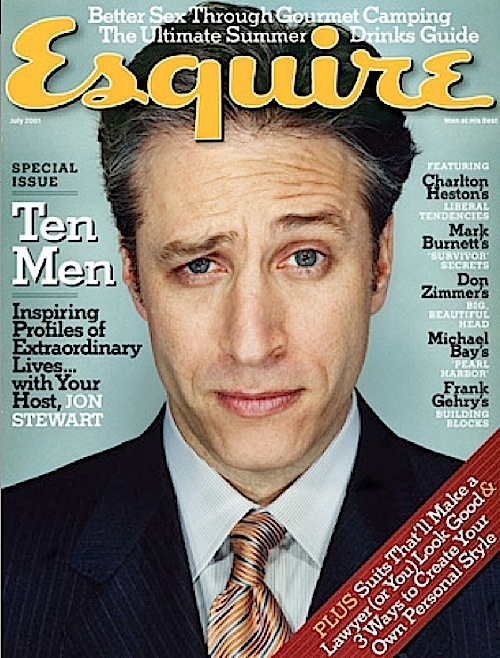
Jon Stewart
News is but one of many services coming via the Internet, and up until now it seemed to be a free lunch. Though in reality, one has to pay the Internet Service Provider. We pay a subscription to them, yet they don’t generate the content. Now the commercial news media expect some compensation for their effort.
The ABC might seem free, yet it is being funded from the public purse, with those who pay tax providing the revenue source. This is something that Murdoch has attacked at regular intervals. Obviously concerned that institutions such as the ABC and BBC are white-anting his future wealth generating capabilities. It seems one can never be too rich.
The ABC and BBC will become more important as alternate sources, with the increasing control of media falling into less, but more powerful hands, as the British have recently learnt with the fracas over News of the World, and the number of allegedly improper influences and practices, bordering on the criminal.
Meanwhile, there is a plethora of alternate information sources, not necessarily associated with paid journalists. Some may be more accurately identified as misinformation, as any screw-ball can start up a blog and convey what ever they think, regardless of it being anchored in facts.
Fortunately, there are also a lot of learned people posting online, whether that be researchers, scholars, scientists, academics or experienced people in the know. Often these sources are more reliable, informed and accurate than the media reporting on them. But then there are scam artists masquerading as qualified people, causing us to question the legitimacy of matters found online.
Accuracy of reporting.
How often have we read a news article on a topic we are intimate with, to find it conveys a degree of nonsense. I recall working in a support role in the ABC Radio newsroom one morning in Perth, during the 1980s, to find that a report had been submitted regarding an accident at the Gloucester Park harness racing track the night before. Fortunately, the morning newsreader George Manning was astute in these matters and had been present at the venue to witness first hand the incident. He was gobsmacked to find the written story was fraught with serious errors, and corrected it before the first bulletin.
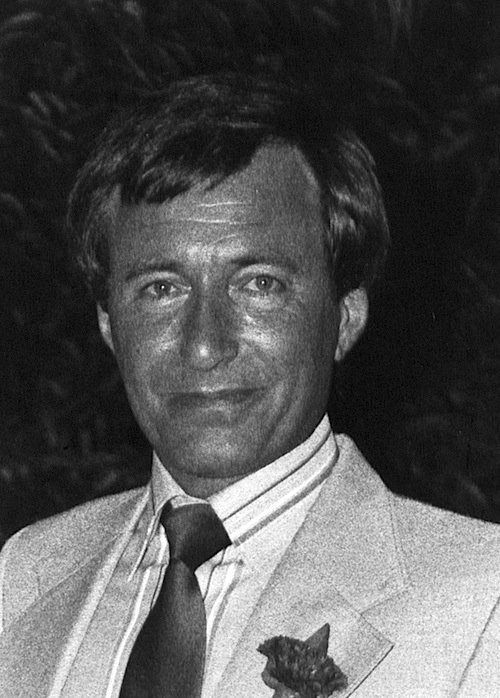
The ABC had a pride in triple checking details before broadcast, a tradition no doubt adopted from its sister organisation, the BBC. Yet these reporting misdemeanours creep in. Like the time the ABC reported the Queen Mother had died, almost a decade before her real passing in 2002, aged 101. Not that the ABC was alone in doing this, as many other news outlets fell into the same trap.
Those journalists who have excelled in their field are due the accolades. Some are highly proficient in research and have been energetic in making a difference. Coming up with life changing revelations, resulting in freedom for innocents who have been unjustly jailed, revealing corruption in high places and championing worthy causes. People like Walkley Award winning Estelle Blackburn OAM, whose relentless efforts led to the longest-standing convictions ever to be overturned in Australia when John Button was exonerated in 2002 and Darryl Beamish was exonerated in 2005.
On the flip side of the coin there are those who have allowed discrepancies to become part of a story by an apparent lack of diligence. If we are going to keep a record of events that take place, then we need to make sure it is accurate, otherwise future generations will accept misinformation as the truth. We’ll have some very spurious history books if that were to become the norm.
The same goes for political reporting. Rather than dwell on the controversy, which is often a beat-up, the journalist needs to concentrate on the real issues, and not be blinded by the often empty rhetoric. If the voting public is to make an informed decision, then all the extraneous noise needs to be filtered out. Its the reporters duty to cut to the bone and eradicate all extraneous blubber from the meat of the subject.
Between 1906 and 1914, shortly after founding the world’s first journalism school at the University of Missouri, an American journalist and educator Walter Williams wrote a code of ethics known as The Journalist’s Creed. Interestingly, many newspapers objected to the school, saying that reporters should follow the traditional apprentice route for training. The Creed is now posted in bronze at the National Press Club in Washington, DC and at the School of Journalism. The essence of the Creed is that journalism should serve humanity.
The Journalist’s Creed begins with:
I believe in the profession of journalism. I believe that the public journal is a public trust; that all connected with it are, to the full measure of their responsibility, trustees for the public; that acceptance of a lesser service than the public service is betrayal of this trust.
Its core principles are of clarity, accuracy, fairness, truth, independence and, above all, public service.
But what has been told through the voices of professional print and broadcast journalists, and witnessed by the world, is now being suppressed by dictatorial governments. Yet they are finding it difficult to block the transmission of images from mobile phone cameras, e-mails, and social networking sites. In this digital age of citizen reporting, the world is watching all of the time, everywhere.
For journalism to survive it will need to be two-way and collaborative in the world of new media. A conversation among those who know and those who want to know, and as the Reader’s Digest poll indicates, the public views the core values of journalism differently than journalists do.
Michael R. Fancher, a lifetime professional journalist, and recently a fellow at the Reynolds Journalism Institute at the University of Missouri School of Journalism, believes that journalists need to see the public not as an audience but as a community, of which journalism is a vital part. They need to see the Internet not just as a new medium for communication, but as a new way of networking among people, with journalism at the hub.
He believes that journalists can’t regain the public trust without better understanding and respecting those differences.
More on these notions can be found at: http://www.nieman.harvard.edu/reportsitem.aspx?id=101895
Related stories:
- From Papers to PCs: the story of the media in Western Australia
- The information and entertainment world is in a state of flux
- Media convergence – The evolution of content form and delivery
- What is the future of Australian Television?
- Can Free-to-air stations stay relevant as technology and audience needs change?
- Ongoing Media Challenges
- How and why there is piracy of popular content
- Local program needs Vs Central Control
- Reports on ABC Programs and Staff
- The plight of ABC produced programs and staff
- Six Years since last broadcast from former ABC Studios
- The end of Local TV… or is it?
- Background to the ABC leaving its former Perth studio site
- The Evolution of Television News and Presentation
- Chronicling History with the TV News Camera
- World changing technology…
- Chiefs, Indians and allegiances
- Future site for Seven and a flash back in time for Michael Edgley





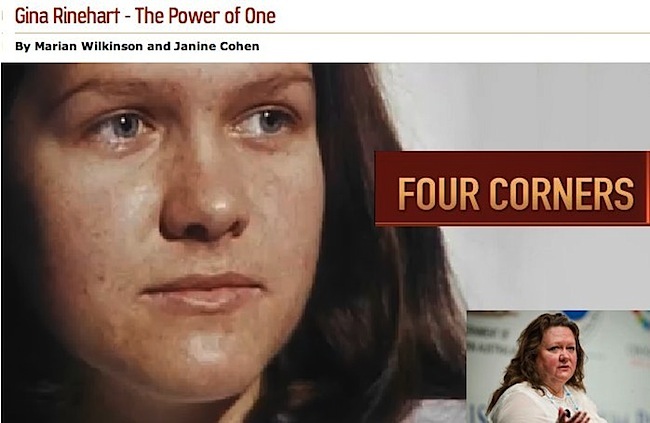
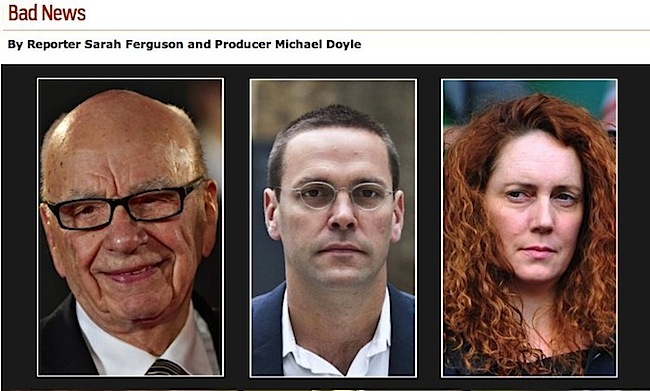
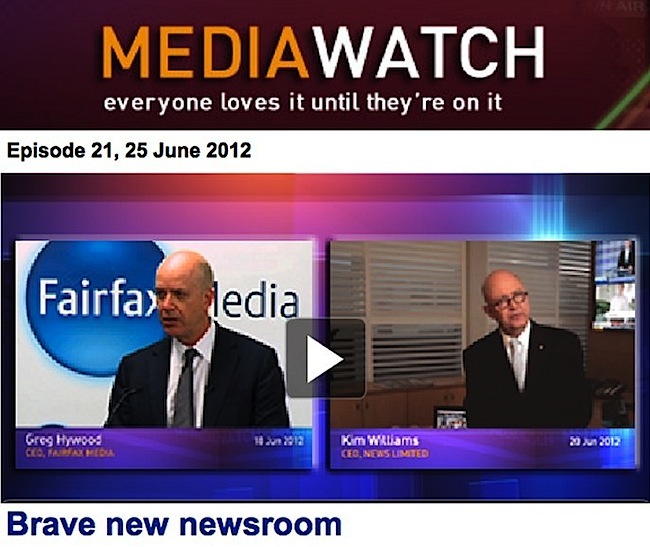
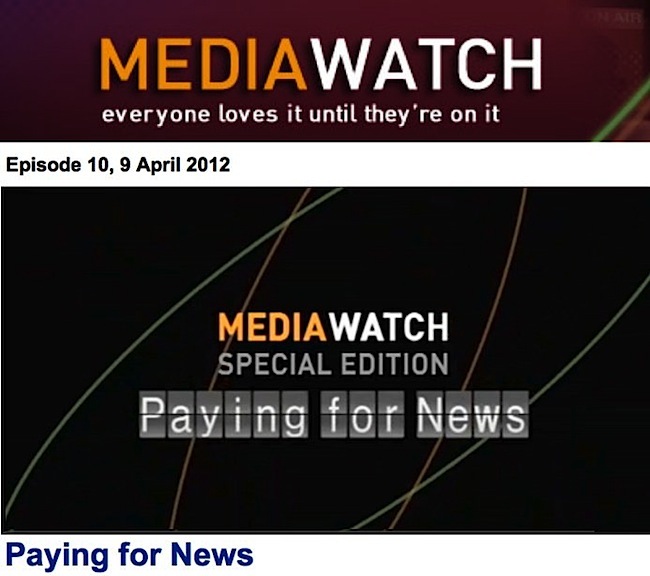
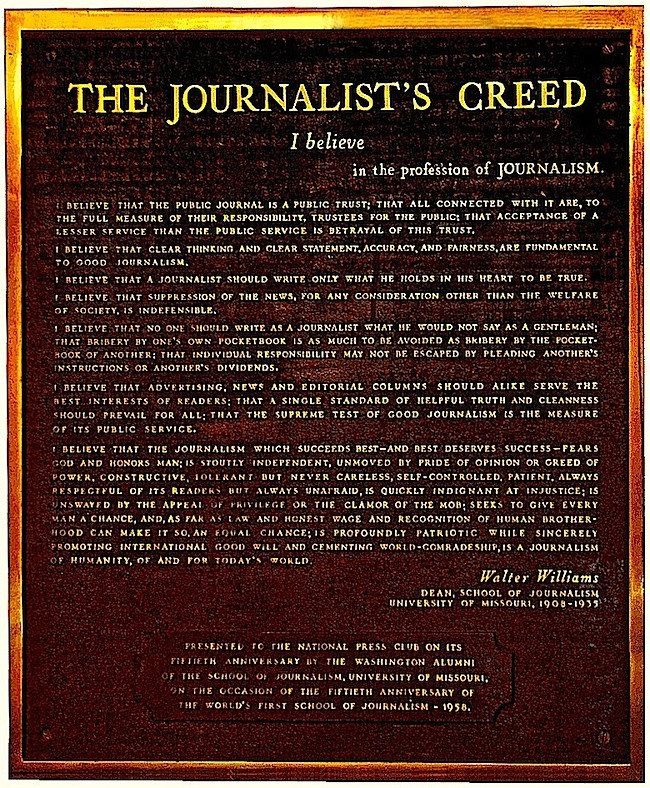

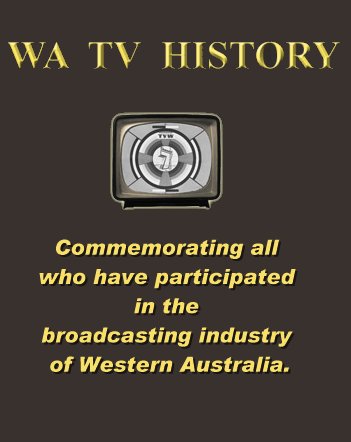

Top stuff Ken. Excellent and great reading. More to say when I’ve re-read it.
PS. I read a great quote recently – for journalists on a NY newspaper, “Check your sources! If your mother rings to tell you she loves you, get another source.”